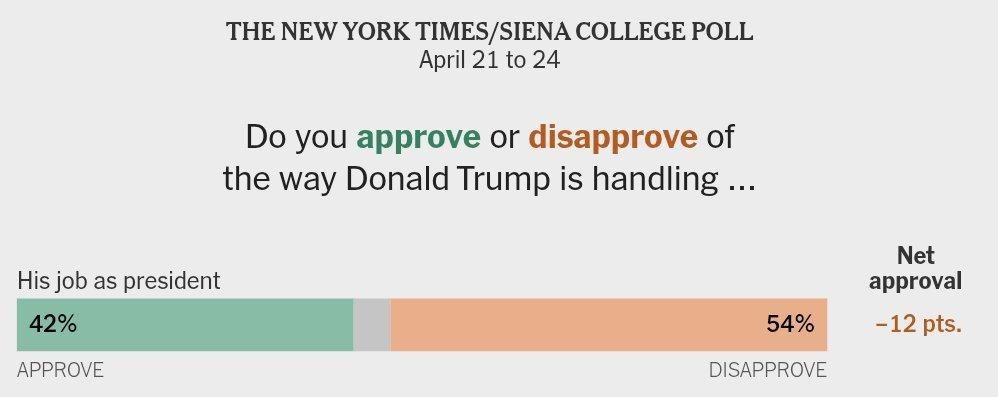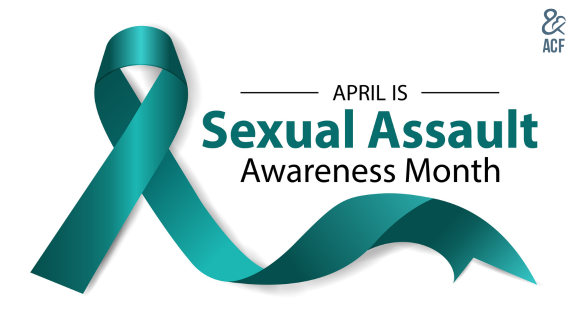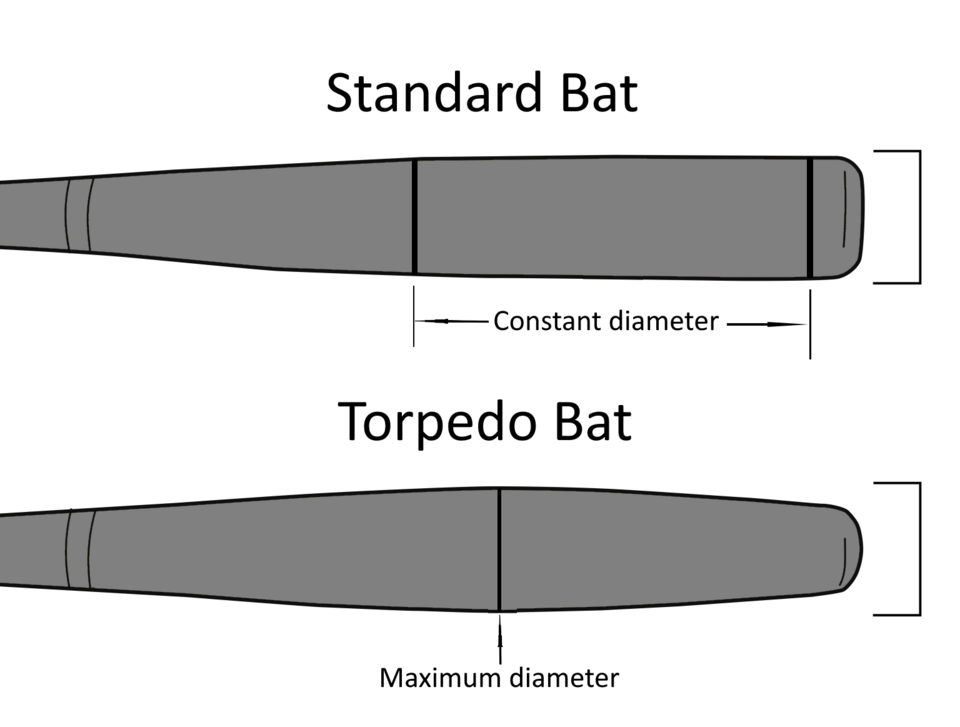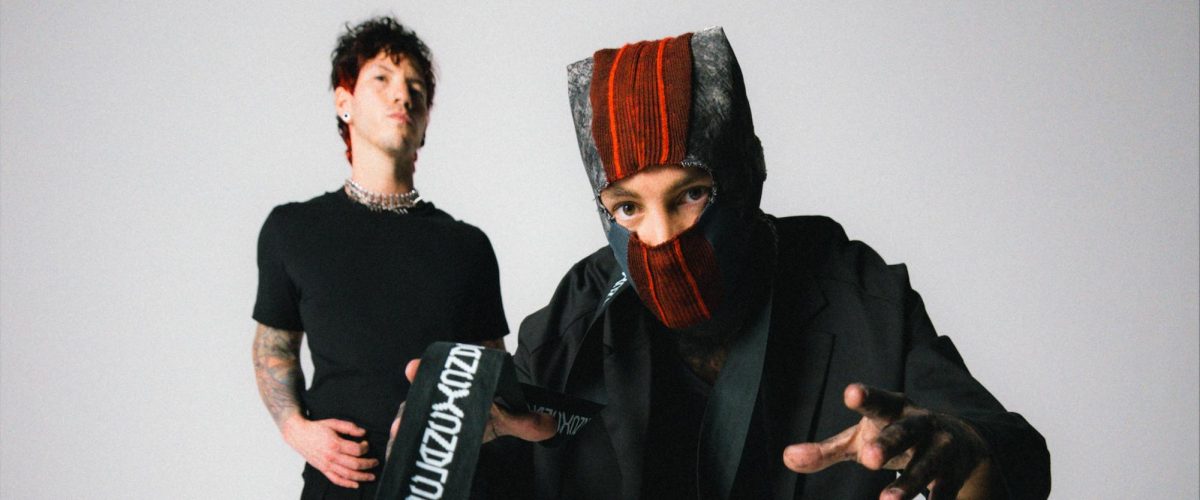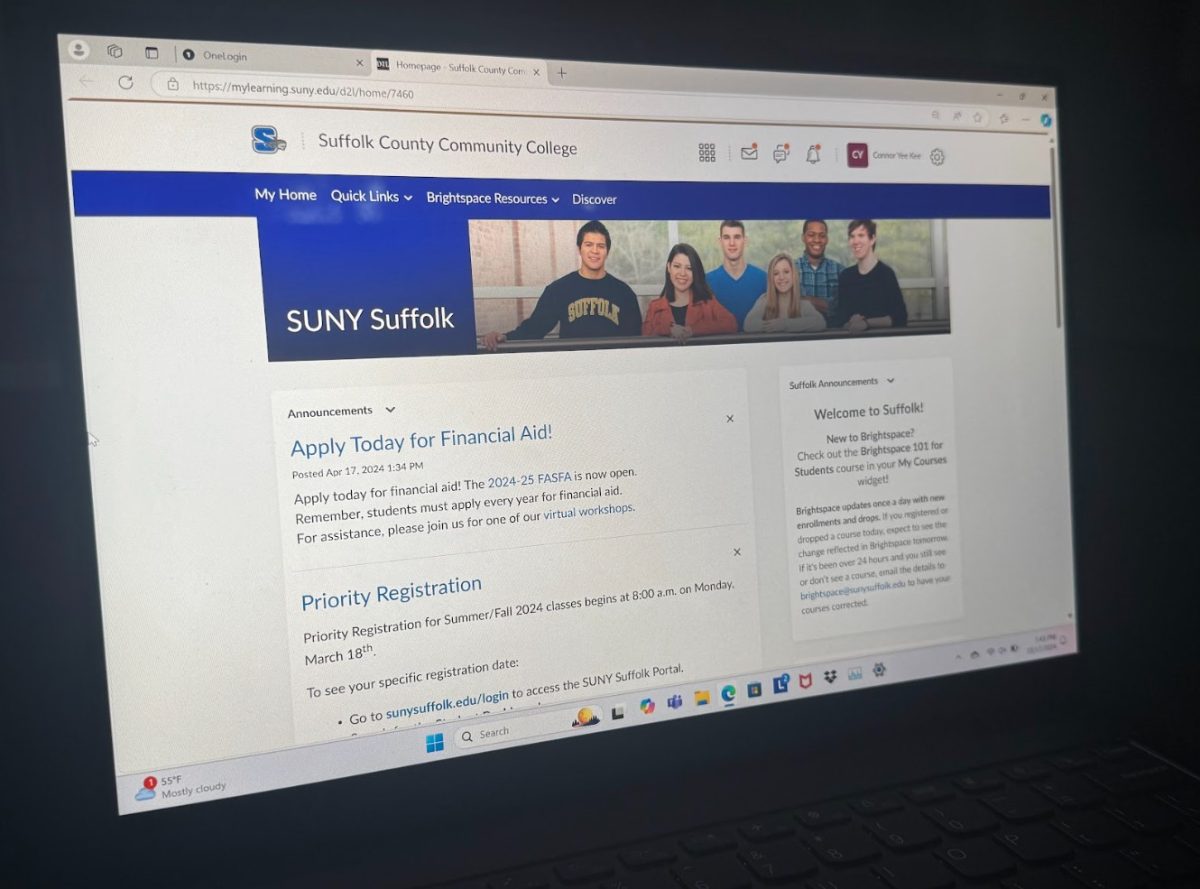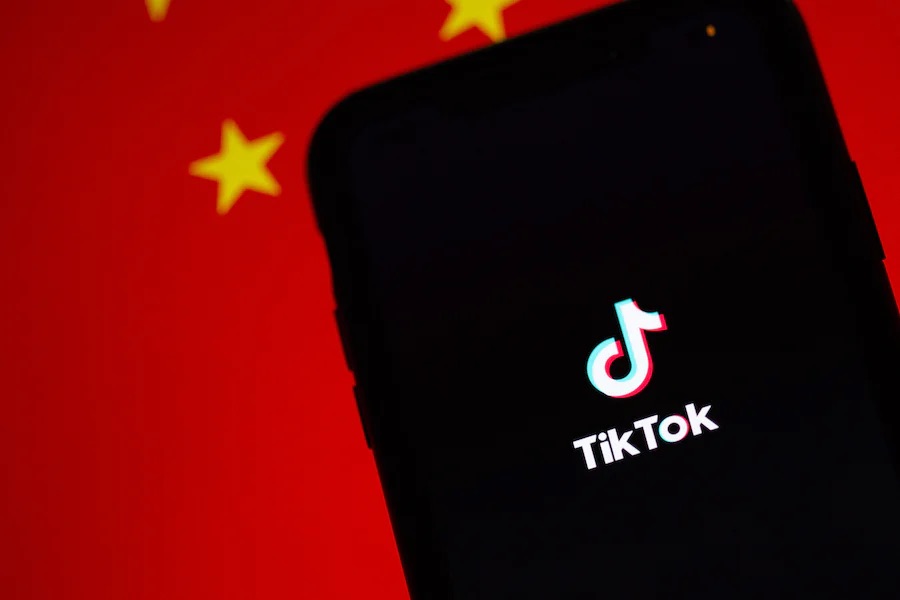A U.S. TikTok Ban Would Do Little To Limit China’s Spy Activities
TikTok running on an iPhone. China’s flag is displayed behind it. Photo: Solen Feyissa (@solenfeyissa)
February 27, 2023
In 2019, the American think tank Peterson Institute for International Economics put TikTok at the same risky degree as Huawei. This China-owned communication company was sanctioned by former president Trump for the reason of “posing a national security threat to the West”.
More recently, as the U.S. relationship with China deteriorated, the U.S. banned TikTok, the China-based social media app, on devices owned by government agencies. More than half of the states have made similar moves. In New York, a bill was introduced in the state legislature in December of last year that would ban New York employees and contractors from downloading TikTok onto government-issued electronics out of fear of Chinese espionage.
But perhaps the most significant move to date is still to come. Senate Majority Leader Chuck Schumer (D-New York) said a proposal to ban TikTok in the United States completely “should be looked at” after a Chinese spy balloon was shot down in American waters in the Atlantic Ocean.
If this resulted in a full federal ban, many Suffolk students would lose one of the most popular forms of entertainment and means of connecting with friends.
In October 2020, TikTok surpassed 2 billion mobile downloads worldwide and was named by Morning Consult as the third fastest-growing brand of 2020 after Zoom and Peacock. Surpassing Google, TikTok was ranked the most popular website of 2021.
The ban would prevent China from spying on the U.S., but the effect is limited and it is a hypothesis that the TikTok parent company, Byte Dance, will be required by Chinese law to share the users’ data with the government. But this is without any reasonable evidence.
The TikTok ban has become a political symbol, using China as an enemy figure.
The argument is on fire. Following the Republican U.S. Sen. Marco Rubio’s announcement of legislation that would ban TikTok in the U.S. Anupam Chander, a Georgetown University law professor said in an interview with NPR in December of 2022, “There isn’t any concrete evidence that American TikTok users have had their data shared, or that the Chinese government is utilizing that information for political gain. The truth of the matter is if the sophisticated Chinese intelligence sector wanted to gather information on state employees in the United States, it wouldn’t probably have to go through TikTok.”
Chander calls it “a politicization of national security.”
He is right that China has many methods of espionage, and TikTok is not the best way. China has other methods, like spy balloons, sending students to the U.S. for scientific research, and corrupting U.S. intelligence officials to get the top national secrets. There will be diverse methods to achieve political goals. Compared with these effective ways, the potential damage that China could inflict with TikTok user data feels dwarfed.
TikTok is a regular social app, not different from others except that it is owned by a Chinese company. TikTok is the same as other apps on the phone that can also track the user’s locations, whether they are owned by China or not. It is a social media app, so location tracking is a standard feature, like Google, YouTube and some other weather apps.
Technologically, TikTok users can stop tracking, if they think it is a risk to their personal information leakage by its powerful algorithm system that can understand you more precisely. The “privacy settings” will stop TikTok Data from being collected, where users are allowed to lock it down and turn personalized ads off. But, like other apps, much of the data collection is necessary if users want to enjoy TikTok’s full functionality.
The TikTok ban would impede U.S. users from downloading the app from the Apple store, and Google Play Store will also be ordered to remove the app from the website. but users can still download the app in other countries because TikTok is a renowned social media in the whole world.
The U.S. lawmakers certainly have proper reasons to ban TikTok to prevent surveillance imposed on U.S. citizens. However, it is not the most potent posture. In a developed and inundated internet era, spying is everywhere. Setting proper communication laws and rules to restrict social media to manage its own country is a legitimate path to go.








